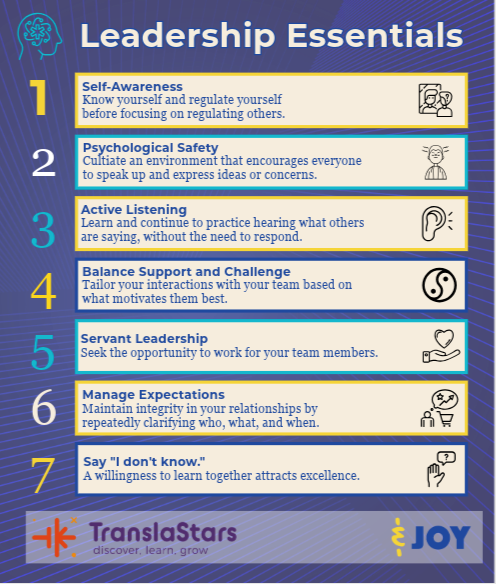The Peter Principle theorizes that professionals get promoted to the job where they’re least impactful and then... they stay in that role.
This is not to suggest that if you haven’t been promoted in awhile, you’re not impactful, nor that everyone must aspire to become a manager. Businesses need ambitious people who constantly push new boundaries and achieve; these are superstars with continuous growth. They also need people who keep the business running smoothly, creating a strong, sturdy, reliable foundation; these are rockstars with consistent delivery. Most of the time it’s the superstars who get promoted, but that doesn’t make them always better or more qualified.
When organizations promote or hire managers, they often come without the training or support needed to succeed in the new role. In fact, depending on what statistical source we consider, there’s evidence to suggest that as much as 80% of managers have no training or qualifications to start as a manager [Chartered Management Institute, 2023]. They’re called ‘accidental managers.’
1. Be an ‘Intentional’ Manager
Some organizations are more thoughtful about training and preparing managers to lead people, but the statistics show that in many cases, becoming or being a manager can be like being thrown into the deep end and seeing if you can swim.
TranslaStars believes in equity, and folks who didn’t learn to “swim” deserve a chance to become people managers, too. We believe in the opportunity to take a proactive approach to localization management, which is why we’ve added a 3-part People Management course to our Localization Management Academy.
2. People Managers and People Leaders
People managers (or leaders... and we’ll explore the difference in terminology in the course!) benefit from a different skillset than project managers. For anyone who is considering or who is already in a role of leading or managing people, here are 7 key tips to re-inforce your journey as a localization people manager:
- Start with Self-Awareness: Before managing others, understand yourself—your background, perspective, needs, and patterns. Self-awareness is the foundation of emotional intelligence and effective leadership.
- Cultivate Psychological Safety: Create a workplace where people feel comfortable making mistakes and sharing their thoughts. High-performing teams are often those that openly discuss and learn from errors.
- Practice Active Listening: Truly listen to what others are saying, both the facts and the feelings. Active listening builds trust and strengthens relationships.
- Balance Support and Challenge: Tailor your approach to individual team members. Some may need more support, while others need more challenges to maximize their potential.
- Embrace Servant Leadership: Focus on supporting and empowering your team members. Ask "What can I do to support your success?" rather than seeing yourself as simply "the boss."
- Manage Expectations Clearly: Set clear goals and expectations to avoid disappointment and conflict. Use tools like SMART goals or OKRs (Objectives and Key Results) to ensure clarity.
- Be Comfortable Saying "I Don't Know": It's okay not to have all the answers. Vulnerability and a willingness to learn can build trust and create a more open environment.

Although these leadership practices take time and experience to cultivate, having a supportive space to shift perspectives and learn gives every localization professional a sturdy foundation to build a career.
We’ve partnered with tutor and coach Stephen Nock, who has more than 12 years of experience managing people and teams in global start-up organizations in the US and Europe.
3. People Management in Localization
Whether you’ve had some experience leading others or are looking to pursue leadership opportunities, the People Management in Localization course offers an opportunity to upskill yourself as a localization professional.
Stephen’s coaching practice supports individuals who are experiencing career and life transitions, as well as companies and teams who want to design better experiences for both employees and customers. His people-first approach as a leader gives course participants a lens to consider their intention as people managers.
Stephen’s coaching practice supports individuals who are experiencing career and life transitions, as well as companies and teams who want to design better experiences for both employees and customers. His people-first approach as a leader gives course participants a lens to consider their intention as people managers.
The course People Management in Localization is included as part of the Localization Management Program and covers all of these topics with in-depth exercises. To upskill yourself as a leader of people in business, add the individual course to your calendar or sign up for the localization management program’s next edition.






